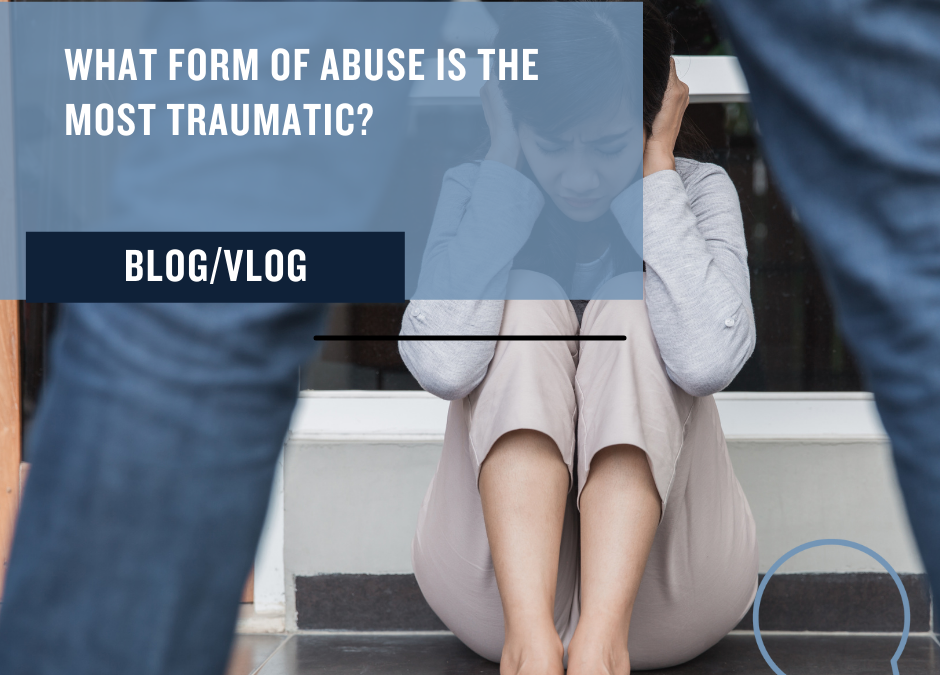
by Richard Amaral | Dec 1, 2021 | All Entries, Counselling and Psychotherapy, Emotions, Family Violence, Mind-Body Health, Psychology, Trauma
Ever wonder why some people get traumatized over something relatively minor while others seem to handle adversity with little stress? While there is no one specific answer, a few factors can contribute to why some people seem to bounce back while others do not. In...

by Richard Amaral | Nov 25, 2021 | Abuse, Anxiety, Family Violence, Mental Health, Psychology, Relationships, Trauma
In Canada, November is National Domestic Violence Awareness month. Since I’ve been writing about trauma lately, I thought I’d discuss trauma in the context of domestic violence and share what I’ve learned from working in both of these areas. Which...
by Richard Amaral | Jun 15, 2011 | All Entries, Family Violence
I received a lot of positive feedback from last week’s blog. A few friends of mine wrote or called me up to talk more about what to do when a friend is a victim of relationship abuse (e.g., physical, psychological, verbal, financial). In particular, one friend asked...
by Richard Amaral | Jun 9, 2011 | All Entries, Family Violence
A friend of mine, who happens to be a criminal lawyer, visited me recently. We spent many hours in good conversation discussing a myriad of topics. Both he and I are fortunate to be in professions that allow us to connect with people on a deeply personal level. In my...
by Richard Amaral | Apr 11, 2011 | Addiction Psychology, All Entries, Family Violence
In the last two blog entries, I wrote about cognitive-behavioural theory and how it explains intimate partner aggression. The main tenet in these blogs was that when an individual perpetrates aggression, they usually engage in biased forms of self-talk (thoughts) that...
by Richard Amaral | Apr 4, 2011 | All Entries, Family Violence
Last week, I outlined how cognitive-behavioural theory (CBT) explains aggression, particularly in the context of intimate relationships. In today’s blog, I’ll discuss how CBT can be used with victims of relationship abuse. Thoughts and Behaviours in Victims of Partner...




